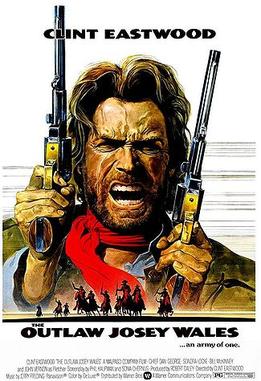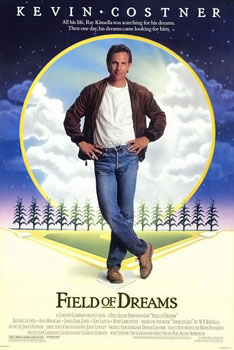- Also Known As:
- Unknown
- Year:
- 2010
- Country:
- Predominant Genre:
Non-Fiction - Directors:
- Outstanding Performances:
- None
- Premiss:
- Collection of documentaries allegedly-exploring human nature through economics.
- Themes:
- Alienation | Emotional repression | Identity | Loneliness | Materialism | Narcissism | Personal | Political | Pornography | Republicanism | Science |
Self-expression | Sex | Sexual Repression | Solipsism | Stereotyping | White culture | White guilt | White supremacy - Similar to:
- Unknown
- Review Format:
- DVD
Witch Doctors ‘R’ Us
As usual, Whites claim there is a secret side to everything and only they know what it is in their desperate bid to hold on to any sense of being world dominant: Welcome to the Twilight Zone. (It is also a rather desperate attempt at Economics imperialism to try and make economics appear more like a science than a philosophy by trying to hide its actually-political agenda.)
The claim that human behavior can be predicted if you know what someone’s incentives are is so simplistic that you kind of wonder if Whites love this kind of stuff because they are kind of stupid or because they are kind of intellectually-lazy. (Perhaps someone should write a book that says that beautiful women get more attention from men which, by the way, kind of proves that heterosexuality is normal!)
The claim that to understand something happening over time one needs to seek patterns is so obvious - given that existence is consistently-structured - that it beggars belief that anyone could believe that patterns do not exist and that there could be another means of determining reality. (That appearance can be used to hide a corrupt essence and actually encourage corruption if successful is similarly obvious.)
The only really convincing argument here is the rather
Given that most economists study people’s economic behavior as if people were always rational actors, reacting to physical scarcity, Economics can never claim to be a hard science - like physics of chemistry. This movie tacitly admits this by being more of a sociological treatise than a look at the effect of economic incentives on people’s behavior. In truth, it is more of a book concerning Econometrics than Economics.
Is it really rocket science to claim there is a difference between correlation and causality? Just like Mein Kampf, Freakonomics is not a new way to look at the world, but an old White one in new clothes. Fantastic claims are made that are designed to blind one with science; hiding the hidden agenda the authors claim to lack: We know what’s what and you don’t - opinions masquerading as facts. A sad reflection on the value of college-tenured staff to their employers, given that they do not have to produce anything of any real or lasting value.










